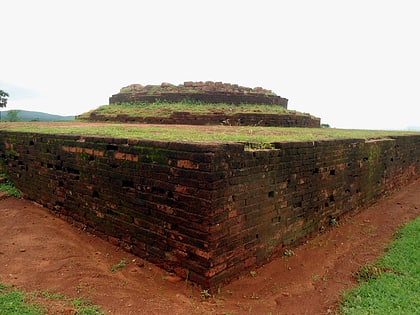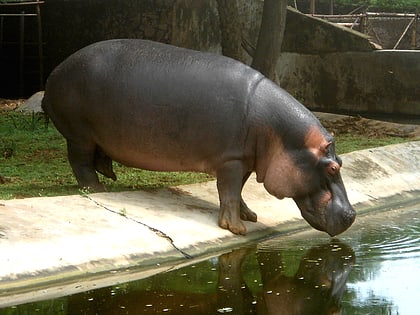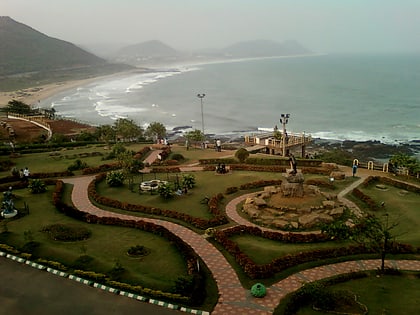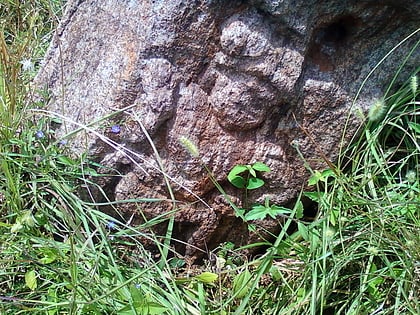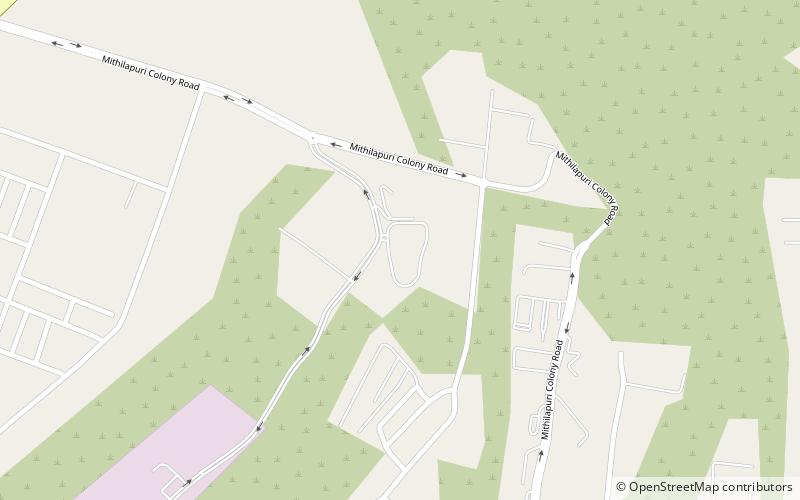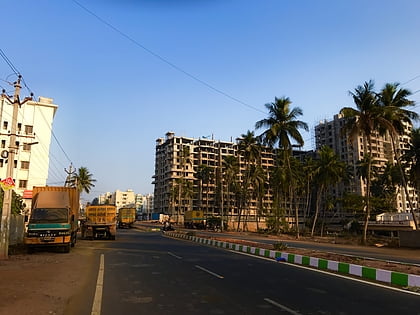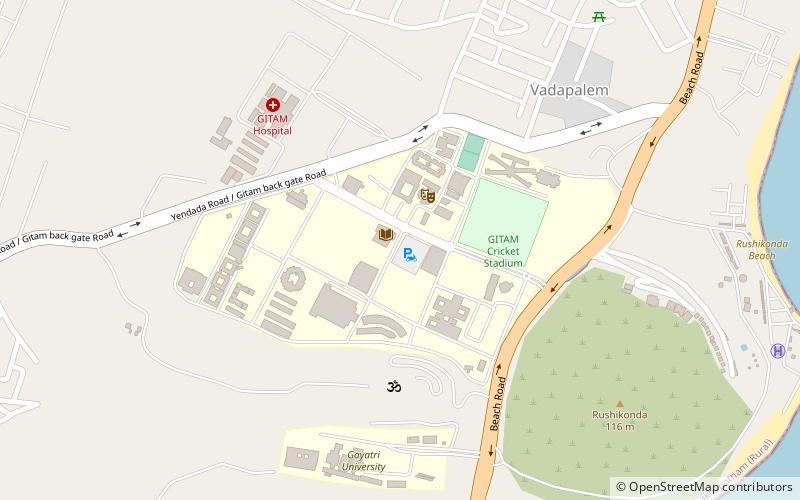Thotlakonda, Visakhapatnam
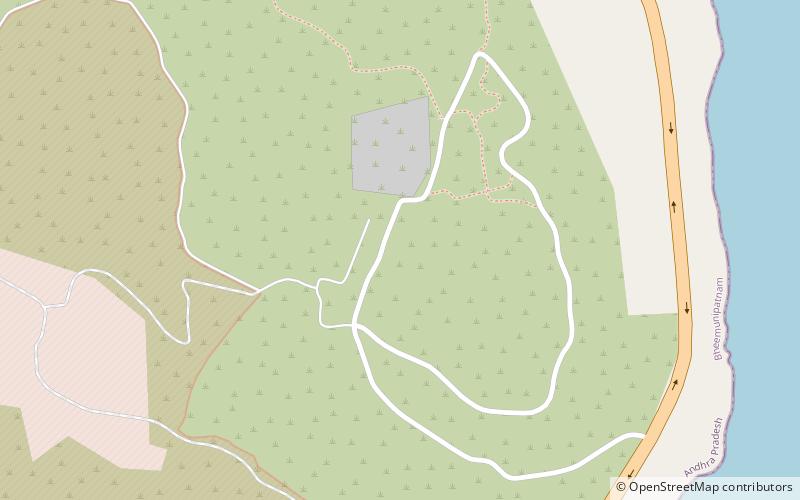

Facts and practical information
Nestled atop a hill overlooking the azure waters of the Bay of Bengal, Thotlakonda is a serene archaeological site in the bustling city of Visakhapatnam, India. This ancient Buddhist complex, believed to have been active between the 2nd century BCE and the 2nd century CE, offers a glimpse into the spiritual heritage and architectural prowess of a bygone era.
The site, uncovered during an aerial survey by the Indian Navy, has since been excavated to reveal numerous stupas, chaityas (prayer halls), viharas (monastic cells), and other structural remnants that indicate a thriving monastic community. Thotlakonda was strategically located to facilitate maritime trade and the spread of Buddhism to other parts of Asia.
The complex is spread over a hill, which provided natural seclusion for monks seeking a tranquil environment for meditation and study. The name 'Thotlakonda' translates to 'Hill with stone wells' in Telugu, derived from the rock-cut cisterns that dot the landscape, evidence of the sophisticated water management system developed by the monastery's inhabitants.
Visitors can wander among the ruins and marvel at the craftsmanship of ancient stonemasons. The site's main stupa, once the focal point of religious activity, now stands partially reconstructed, allowing one to imagine its past grandeur. The remnants of the complex's boundary walls and the panoramic view of the sea from the hilltop add to the site's allure.
Thotlakonda's significance is not just in its archaeological value but also in its role in understanding the dissemination of Buddhist thought and the cultural exchanges that occurred along the ancient trade routes. The site is a testament to the harmonious blend of religion, trade, and culture that characterized the region's history.
Visakhapatnam
Thotlakonda – popular in the area (distance from the attraction)
Nearby attractions include: Indira Gandhi Zoological Park, Tenneti Park, Pavurallakonda, Shilparamam Jathara.
